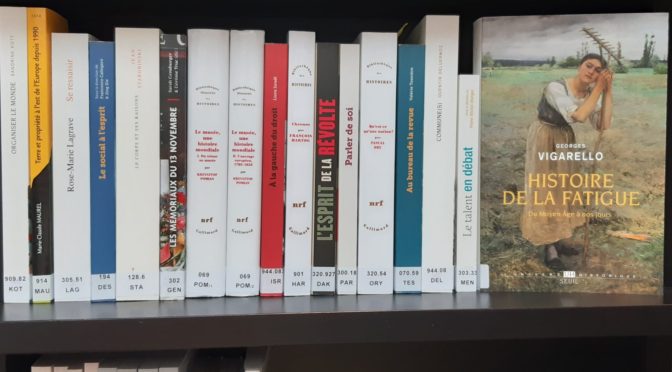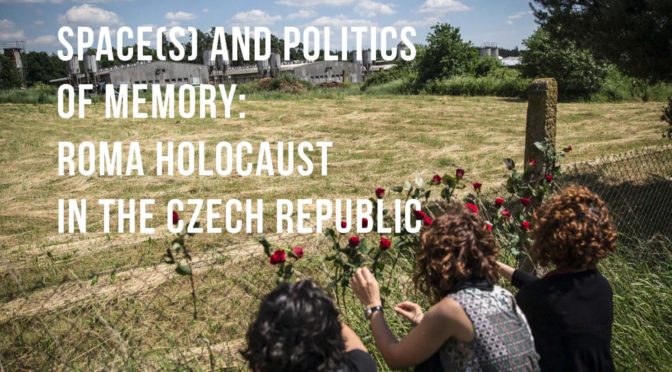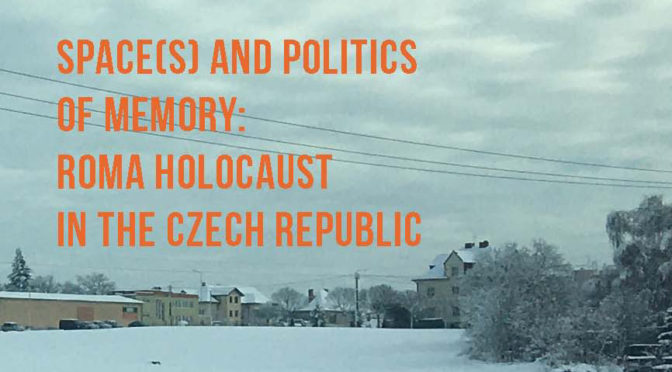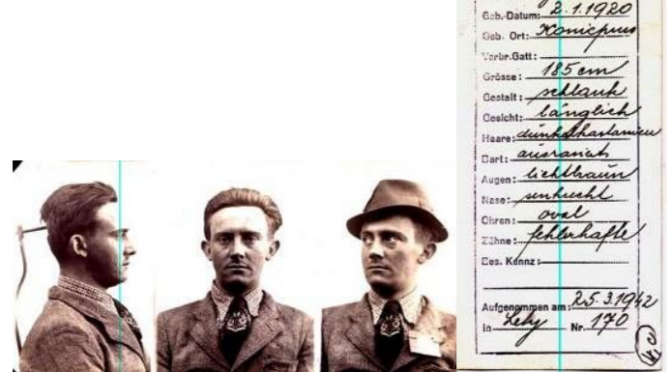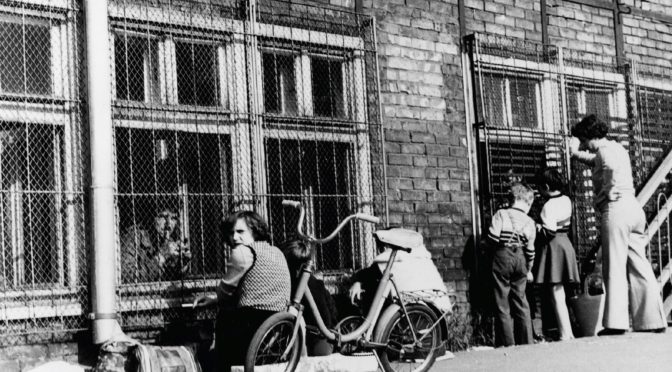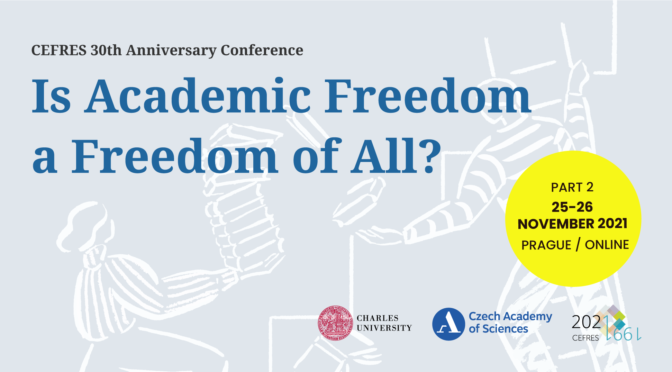Mezinárodní konference k 30. výročí CEFRESu (část druhá), Praha, 25. – 26. listopadu 2021
Kde: Praha, Karolinum, Ovocný trh 3, a online na facebookových stránkách CEFRESu nebo via Zoom
Datum: 25. – 26. listopadu 2021
Jazyk: angličtina
V mnoha zemích různá politická, hospodářská či náboženská uskupení oslabují a zpochybňují pozici akademické svobody. Situaci ještě zhoršuje lhostejnost obyvatelstva k této svobodě, kterou často vnímá jako kastovní privilegium. Proto naléhavě potřebujeme učinit akademickou svobodu veřejným statkem týkajícím se všech členů naší společnosti.
Po první části konané loni v květnu, CEFRES pořádá druhou část jubilejní mezinárodní konference dne 25. a 26. listopadu 2021, společně s partnery Platformy CEFRES, Univerzitou Karlovou a Akademií věd ČR. Konference se bude konat v pražském Karolinu a zároveň také online.
Prezentace účastníků je tu ke stažení.
Program
Čtvrtek 25. listopadu 2021
https://us02web.zoom.us/j/85931944473
16:30–18:30 (v angličtině)
Úvodní slovo
- Lenka Rovná, prorektorka Karlovy univerzity
- Alexis Dutertre, velvyslanec Francie v České republice
- Ondřej Beránek, místopředseda Akademie věd ČR, humanitní a společenské vědy
- Jérôme Heurtaux, ředitel CEFRESu
Promítání dokumentu: Science in Exile (Věda v exilu), vytvořili Pierre-Jérôme Adjedj a Pascale Laborier, 2020 (8 min.).
Kulatý stůl: Je akademická svoboda svobodou všech?
Moderuje: Pascale Laborier, profesorka na Univerzitě Paříž X – Nanterre, prorektorka Univerzity Paris-Lumières
- Jiří Přibáň, profesor na Univerzitě Cardiff
- Pierre-Jérôme Adjedj, fotograf a režisér
- Dilnur Reyhan, předsedkyně evropského Ujgurského institutu
- Olga Golubko, vedoucí nouzového programu na Ústavu pro vzdělávání pro Nové Bělorusko
- Michal Vašečka, programový ředitel Bratislava Policy Institute
Koktejl
Pátek 26. listopadu 2021
https://us02web.zoom.us/j/81879262389
Vzdělanci a instituce čelící mocným
9:30–11:15 (v angličtině)
Moderuje: Alena Marková, odborná asistentka, Fakulta humanitních studií, Karlova univerzita
- Gábor Egry, ředitel Institutu politické historie, Budapešť
Mlčení jehňátek? Kooptace, vylučování, odměňování – způsoby, jak umlčet akademii v Maďarsku
- Piotr Forecki, profesor na Univerzitě Adam Mickiewicz, Poznaň
Historie před soudem: útoky proti odborníkům na holokaust v Polsku
- Shamil Jeppie, docent na Univerzitě v Cape Town
Svoboda a etika v akademickém světě
- Cherine Hussein, seniorní výzkumná pracovnice Ústavu mezinárodních vztahů, Praha
Hnutí odporu, aktivisté na univerzitách a otázka solidarity
Přestávka na kávu
Zpochybňuje současný veřejný management vědeckou svobodu?
11:30–13:00 (v angličtině)
Moderuje: Mitchell Young, odborný asistent, Katedra evropských studií, Fakulta sociálních věd, Karlova univerzita
- Tereza Stöckelová, vedoucí výzkumná pracovnice, Sociologický ústav, Akademie věd ČR
Proč musí být akademická svoboda zpochybněna?
- Michael Komm, Michaela Vojtková a Lukáš Dvořáček, Věda žije!
Když vědci nehrajou podle pravidel a jak se tomu postavit
- Frédéric Sawicki, profesor politologie, Univerzita Paříž 1 Panthéon-Sorbonne
Negativní následky zavedení managementu ve výzkumu – zkušenost z Francie
Oběd
Jak hájit a chránit akademickou svobodu?
14:15–16:00 (francouzština-angličtina, simultánní tlumočení)
Moderuje: Jakob Vogel, ředitel Centra Marc Bloch, Berlín
- Catherine Gousseff, seniorní výzkumná pracovnice v CNRS
Ruští akademici v exilu výjimečně přijati v Praze (1920–39) – strategie státu a výhody nabytých zkušeností
- Pascale Laborier, prorektorka Univerzity Paris-Lumières, spoluzakladatelka PAUSE
Jak vědce v exilu přijmout v zahraničí
- Habib Mellakh, Předseda Tuniského sdružení pro obranu univerzitních hodnot (ATDVU)
Napadání a obrana akademické svobody – zkušenost z Tuniska
- Béatrice Hibou, seniorní výzkumná pracovnice v CNRS – CERI-Sciences Po, Paříž
Co jsme se naučili při podporování Fariby Adelkhah, vědkyně uvězněné v Íránu
Přestávka na kávu
Co dělat a jak?
16:30–18:00 (francouzština-angličtina, simultánní tlumočení)
Moderuje: Jérôme Heurtaux, ředitel CEFRESu
Všichni účastníci a dále Katia Boissevain, ředitelka IRMC (Tunis), Pierre Buhler, CAPS – MEAE, Adrien Delmas, ředitel Centra Jacques Berque (Rabat), Adrien Fauve, ředitel IFEAC (Bichkek), Anaïs Marin, výzkumná pracovnice v CCFEF ve Varšavě a korespondetka OSN se specializací na lidská práva v Bělorusku.
Prezentace účastníků je tu ke stažení.



